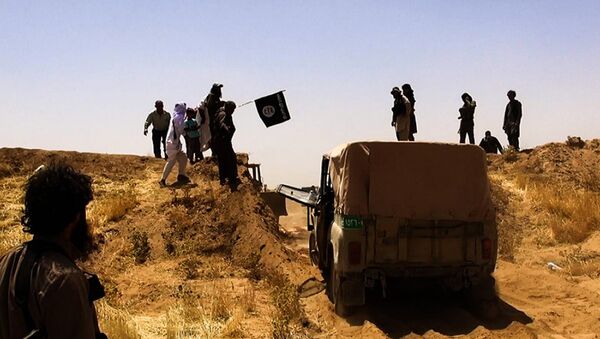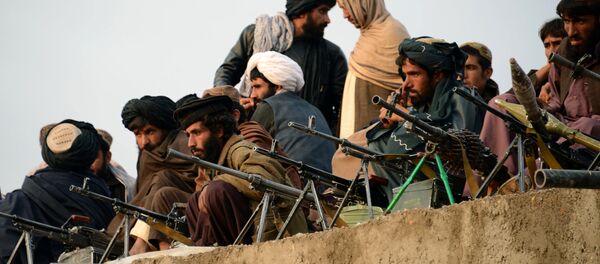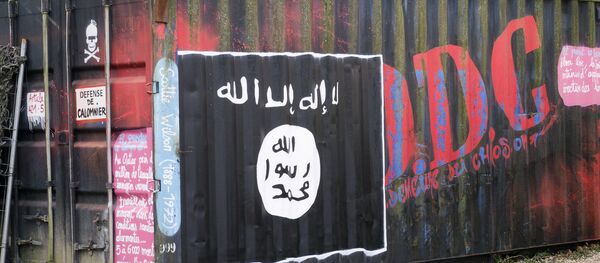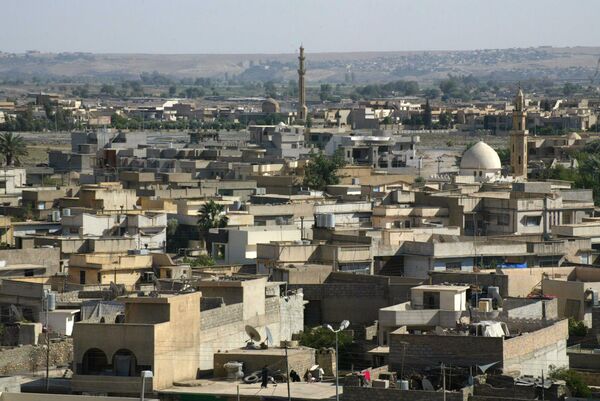“It will be cynical to say, but Islamic State (Daesh) has at least one advantage: it does not allow some certain groups to eradicate each other by providing them with a common enemy,” Del Valle told the website.
In such a situation, the expert said it is doomed to be wiped out as a territorial institution sooner or later, but not as an ideology.
The totalitarian caliphate paradigm, he explained, is a transnational utopia which will surely resurface elsewhere in some chaotic and uncontrolled zone.
In the long run, the old conflicts will get revived and unnatural alliances will fall apart.
During the soaring rise of the Islamic State between 2012 and 2014, the expert said, there were fears that the borders of the Sykes-Picot agreements would fall apart.
The Sykes-Picot Agreement, officially known as the Asia Minor Agreement, was a secret 1916 agreement between Great Britain and France with the assent of the Russian Empire for the dismemberment of the Ottoman Empire.
The agreement led to the division of Turkish-held Syria, Iraq, Lebanon, and Palestine into various French- and British-administered areas.
The problem remains intact, the expert said. The exacerbation between these ethno-religious groups is immense, as is their rivalry.
These longtime confrontations threaten more than one nation-state: the most vulnerable are the most fragile and artificial ones.
And there is every possibility that some of them will start falling apart: Jordan, Lebanon, Yemen, Libya – all of them are very fragile nations.
It might also affect Saudi Arabia, far more divided than people think, and not only between Shiites and Sunnis, but between regional tribes and the clans which are currently in power.
The Islamic State has most likely revived all these tendencies for separatism rather than created them, the expert said.
The most stable countries like Egypt (which remains as such due to its army), Turkey and Iran, may preserve their territorial integrity and hold their own ground in the game.
Others, like Yemen, Syria, Iraq, Saudi Arabia, Kuwait and Qatar are far more fragile. The latter three enjoy the protection of the west but also remain fragile and heterogeneous, such as Jordan.
And Syria, Iraq, Jordan, Saudi Arabia and Yemen which are not immune to a civil war and the "Sudanese syndrome" (further dismemberment after civil wars).
As for Syria, the expert said, the Arab-Kurdish coalition there (which is the most successful at the frontline) exists only due to a common enemy.
Syrian Arab nationalists will never accept the declared independence of Rojava, the self-proclaimed Kurdish state in the north of the country.
Besides, the Kurds have also encroached on the territories of Arabs, Turkmens and other nations. These tensions will inevitably mount.
Iraq is facing a similar problem: the Kurds and Shiites have joined forces against Daesh, but as soon as the terrorist group is defeated a conquered Mosul would become a serious, almost insuperable stumbling block.
It is pure geopolitics, the expert explained. The battle for power and control over the territory among several claimants, both in Iraq and Syria.
Mosul would find itself at the heart of all the claims. Both Arabs and Kurds (not to mention the rivalry between Shiites and Sunnis) would not agree upon control of the city.
The Kurds believe Mosul is historically Kurdish and must be returned to them, even though it has been in Arabic hands for decades.
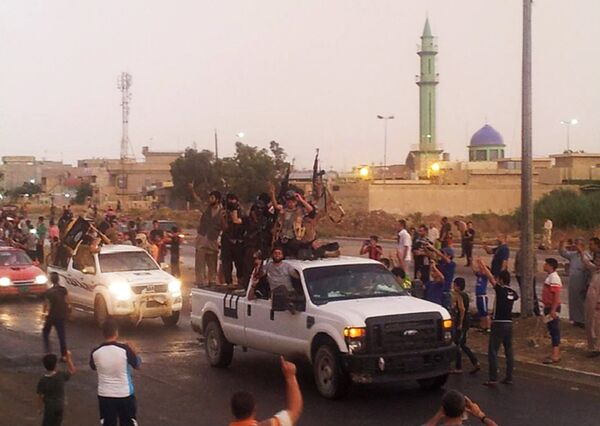
In addition, this region is extremely rich in oil and Mosul is the largest city in the north of the country, not far from Turkey and Syria.
The first to enter into the city and take it under control will inevitably end up in conflict with those who do not control it. If, of course, there are no negotiations between the Shia central powers, Iran and the Sunnis.
Tensions will only resurface after the defeat of the Islamic State, because currently there is no apparent understanding or agreements between Arab Sunnis, Arab Shiites, Sunni Kurds, Shia Turkmen, Christians, Yazidis, Shabbaks and so on.
It is far from the unitary Iraqi nationalism that has long been dominated by Sunni Arabs, the Kurds and Shiites.
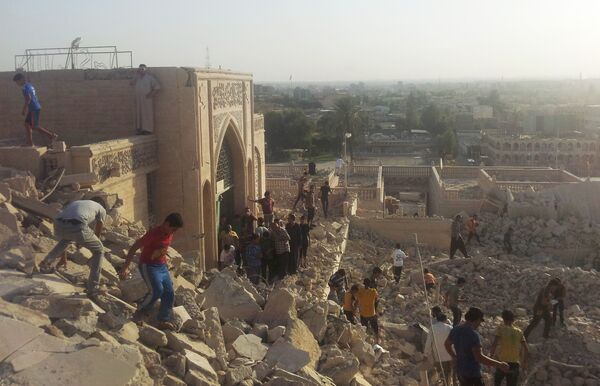
There are lots of grounds for dispute in such conflicts, the expert said, Not only religious and territorial, but also economic and oil.
Mosul is an extremely important oil extraction area and will be ardently fought for.
Besides, Mosul has already been Assyrian-Chaldean, Arabic, Kurdish, Turkish-Ottoman, and therefore contested by different ethnic groups and even by certain states because Turkey has never accepted its loss and his army will not let the Kurds seize control of it (it is now an Arabic-speaking enclave between two Kurdish-speaking regions).
The Shiite Arabs or Sunni Iraqis also won’t accept it without being defeated militarily.
The defeat of Daesh presents a clear challenge for linguistic, territorial, geopolitical, economic and religious interests, and it is a question which has so far escaped public attention.

